A man who lived in Westmoreland county, Pa., had strong religious feelings and had commenced a religious life. About this time he married a woman who was decidedly irreligious and who opposed him. She forced him to omit family worship; she forced him from his closet and followed him with her opposition until he finally, discouraged, gave it up. The Spirit of God left him. He told Rev. Mr. Potter, a Presbyterian minister that he was lost forever and that he knew the very time and place the Spirit took its final departure; that he was going to hell but cared nothing about it.
He lived some ten years after this and then died in the most awful agonies. He asked his wife to give him a glass of water for he would obtain none where he was going. He drank it greedily; then, looking his wife in the face, exclaimed, "O Martha, Martha, you have sealed my everlasting damnation!" and died.
| This shocking testimony is an excerpt from a book that was written and compiled by Solomon B. Shaw in 1898, entitled, "Dying Testimonies of the Saved and Unsaved". “Not only have millions upon millions of God’s children witnessed in life and death of Jesus’ power to save, but most infidels, skeptics, and sinners of every grade are constrained to acknowledge the truth of the Christian religion before they die.” - S.B. Shaw “Multitudes, while dying, see and hear things that are not seen or heard by others.” - S.B. Shaw |

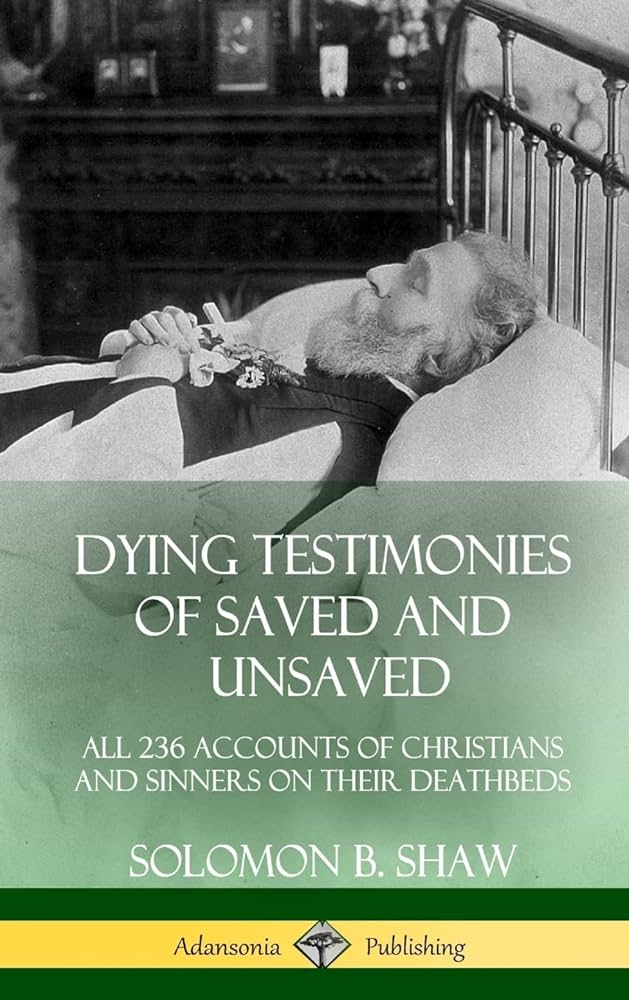




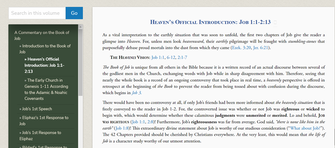


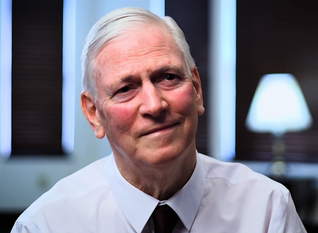
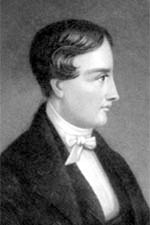




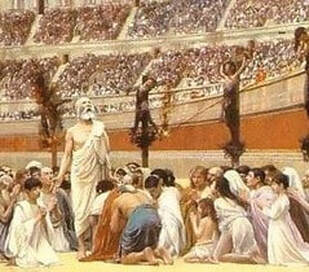
 RSS Feed
RSS Feed